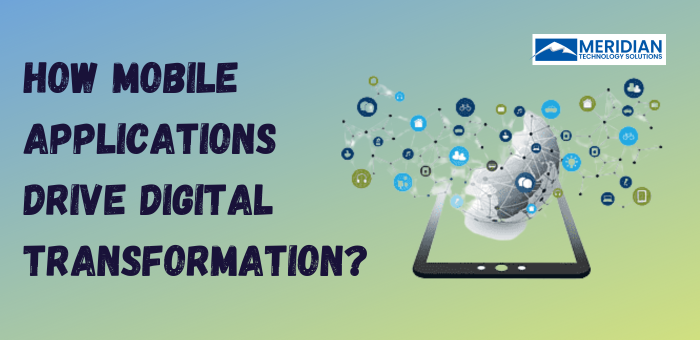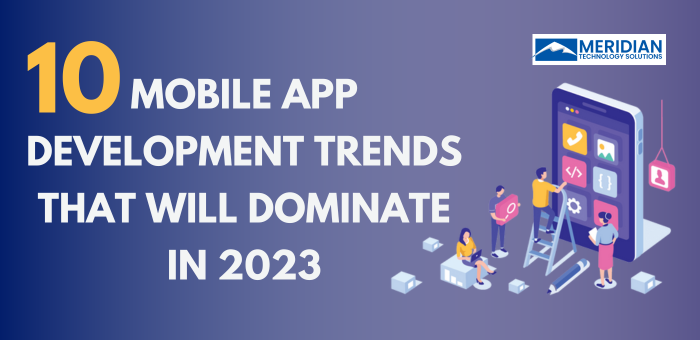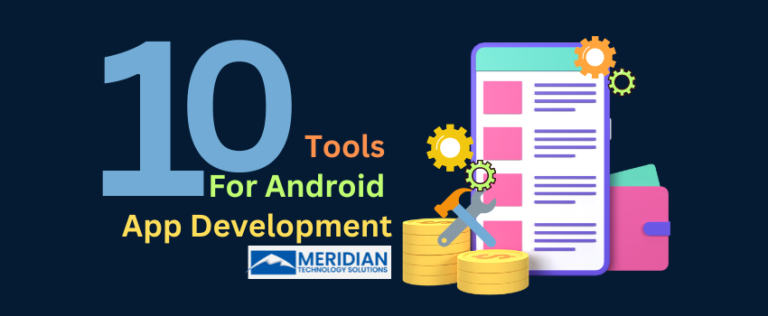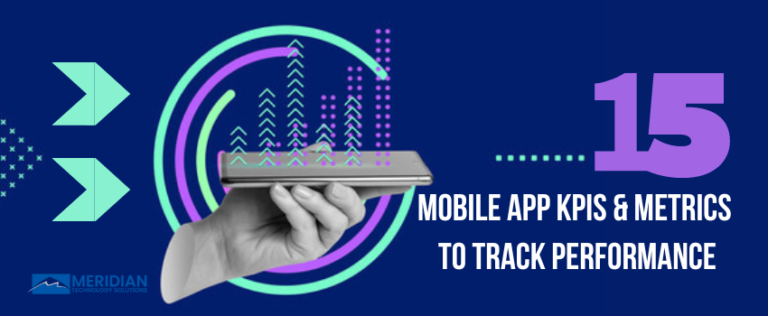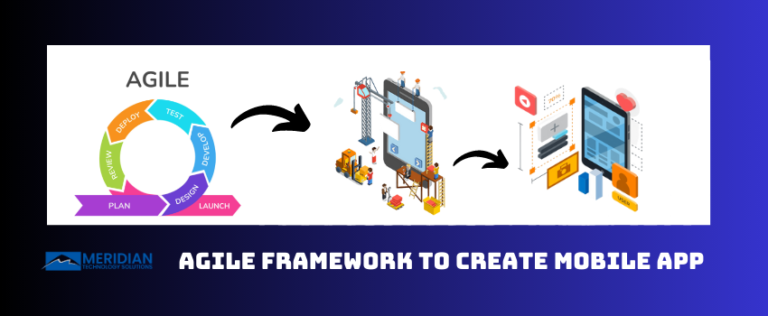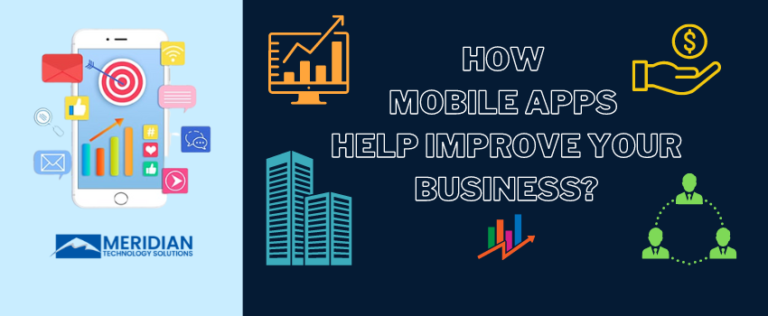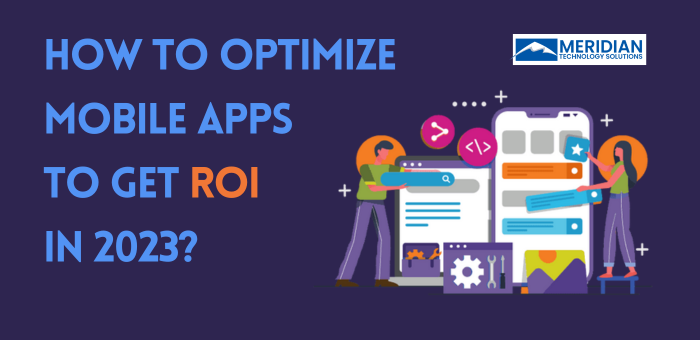How Mobile Applications Drive Digital Transformation?
Mobile applications are a great way of digitizing businesses and driving digital transformation for organizations across various industries, like education, healthcare, retail, food, information technology etc. As per the app statistics study, the average American checks their phone 262 times per day! That’s once every 5.5 minutes.
Mobile apps now have become essential tools to adapt to the rapidly evolving digital landscape and meet the ever-changing demands of modern consumers. People use their personal devices – mobile phones for performing various operations, from online shopping, payments, getting some advice with an expert through interactive mobile apps.
Truly, mobile technology is among the most disruptive ones transforming the way businesses are operating. Using mobile phones and handheld devices, consumers get the freedom to communicate with people all around the world. Mobile applications allow businesses to reach wider audiences and they render innovative strategies to deliver your advertising campaigns.
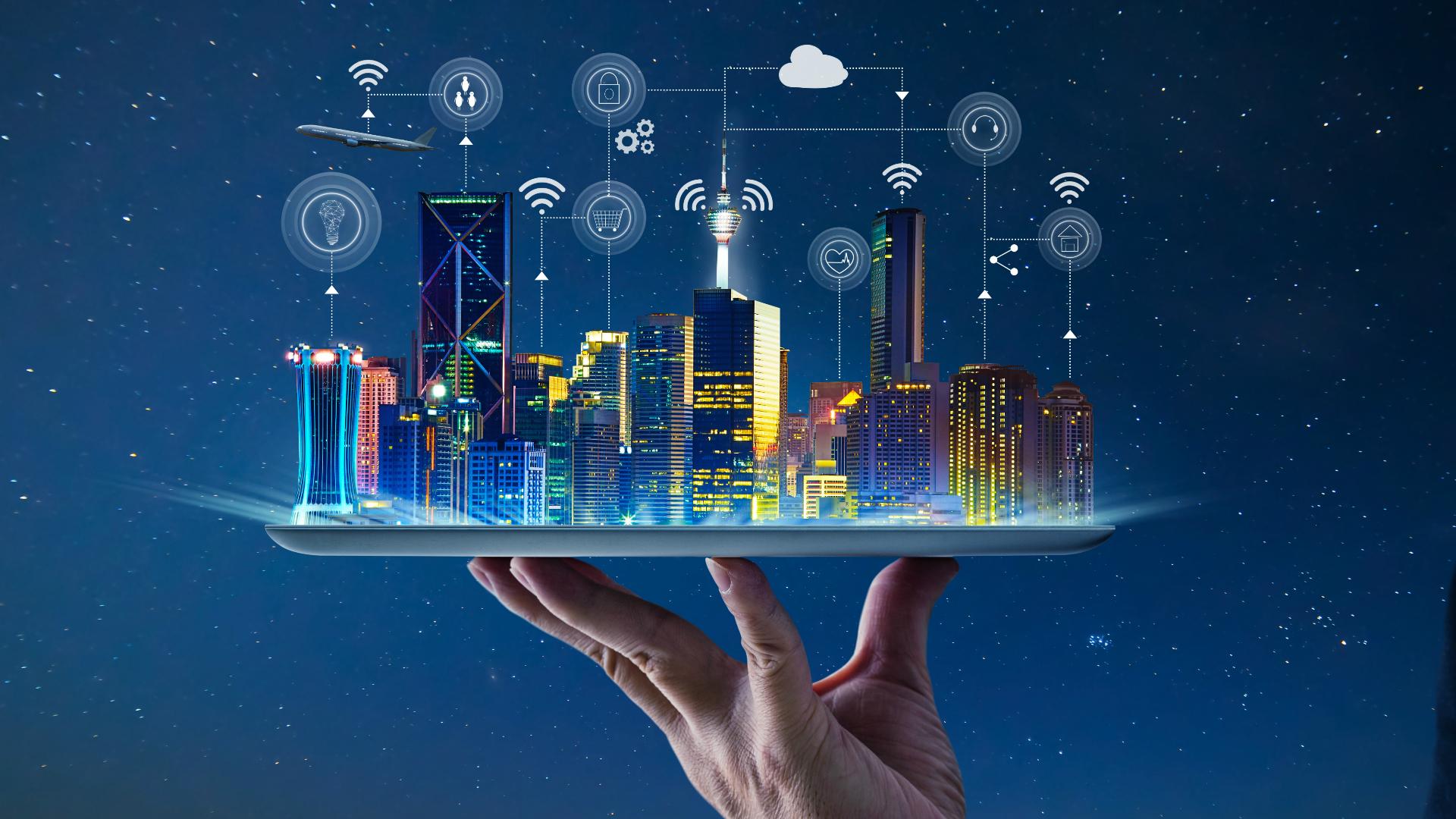
Below is a deep exploration of how mobile apps drive digital transformation-
(1) Enhanced Customer Engagement: Mobile apps provide businesses with direct access to their customers, allowing for personalized interactions and targeted marketing. Through push notifications, in-app messages, and personalized content, companies can engage with users in real-time, fostering a deeper connection and brand loyalty.
(2) Improved Customer Experience: Mobile apps offer a seamless and user-friendly interface that enhances the overall customer experience. With intuitive navigation, quick access to information, and simplified checkout processes, apps can significantly improve customer satisfaction and retention.
(3) Data-Driven Insights: Mobile apps generate vast amounts of data related to user behavior, preferences, and interactions. By analyzing this data, businesses can gain valuable insights into customer needs and preferences, enabling data-driven decision-making and targeted marketing strategies.
(4) Business Process Optimization: Mobile apps can streamline and optimize internal processes within an organization. From sales and inventory management to employee collaboration and project tracking, mobile apps enable greater efficiency, reducing manual efforts and potential errors.
(5) E-commerce Transformation: Mobile apps have revolutionized the e-commerce industry, providing a convenient platform for users to shop anytime and anywhere. In-app features like one-click ordering, mobile payments, and personalized product recommendations have significantly impacted the way consumers shop online.
(6) Digital Payment Integration: With the rise of mobile wallets and contactless payments, mobile apps have facilitated secure and convenient digital transactions, reducing reliance on traditional payment methods and driving cashless economies.
(7) Augmented Reality (AR) & Virtual Reality (VR) Integration: By incorporating AR and VR technologies, mobile apps have transformed industries like gaming, retail, and real estate, offering immersive and interactive experiences to users.
(8) Internet of Things Connectivity: Mobile apps act as a gateway to control and interact with IoT devices, enabling users to remotely manage their smart homes, wearables, and connected appliances.

(9) Better Communication & Collaboration: Mobile apps have revolutionized communication and collaboration in the workplace. With messaging apps, video conferencing, and file-sharing capabilities, teams can collaborate effectively, regardless of their physical location.
(10) On-Demand Services: Mobile apps have disrupted traditional service industries by providing on-demand services, from ride-hailing and food delivery to home services and healthcare consultations, simplifying and streamlining consumer experiences.
(11) Digital Marketing and Advertising: Mobile apps have transformed the marketing landscape by offering targeted advertising and precise user segmentation. With access to user preferences and behaviors, businesses can deliver personalized ads to the right audience, maximizing marketing ROI.
(12) Efficient Field Operations: Mobile apps are crucial for field-based industries, such as logistics, healthcare, and construction. They enable field workers to access real-time information, track progress, and streamline workflows, leading to increased productivity and reduced operational costs.
(13) Real-time Analytics & Reporting: Mobile apps allow businesses to access real-time analytics and reporting, empowering them to monitor performance, identify trends, and make data-backed decisions on-the-go.
(14) Enhanced Brand Visibility & Recognition: Having a well-designed and functional mobile app significantly enhances a company’s brand visibility. As users frequently interact with the app on their devices, it reinforces brand recognition and recall.
(15) Adaptation to Changing Consumer Behavior: Mobile apps enable businesses to adapt to changing consumer behaviors, such as the shift towards mobile-first browsing, app-based purchases, and the rise of mobile-based content consumption.
On the whole, mobile apps are driving digital transformation by reshaping customer engagement, improving user experience, providing valuable data insights, optimizing business processes, revolutionizing e-commerce, enabling digital payments, integrating emerging technologies, enhancing communication, and more.
As businesses continue to embrace mobile app development and leverage its potential, they are better equipped to stay competitive in the digital age and cater to the evolving needs of their customers. The continuous evolution of mobile technology and its integration with other emerging technologies will further propel the transformative impact of mobile apps across industries and sectors.
To collaborate with all stakeholders remotely, enhance organizational productivity and sales, mobile apps are the great choice.
If you are looking for mobile app development services, get connected with mobile app developers at Meridian Technology Solutions.

